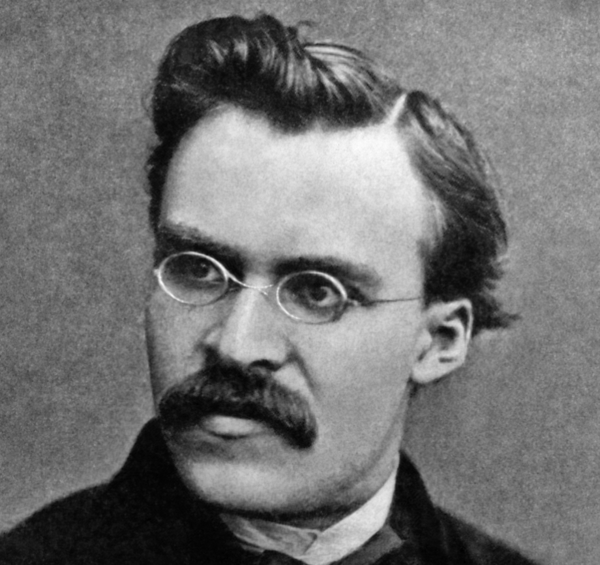The Great Debate:
Nietzsche, Culture, and the Scandinavian Welfare Society
By Georg Brandes and Harald Høffding, edited and translated by William Banks
University of Wisconsin Press, 256 pages, $79.95
In the early days of 1889, Friedrich Nietzsche descended into the syphilis-induced madness from which he never emerged. In October of the same year, the Danish literary critic Georg Brandes published “Aristocratic Radicalism: An Essay on Friedrich Nietzsche” in the Copenhagen literary journal Tilskueren, based on a series of lectures he had delivered in Berlin; the essay appeared in German translation shortly thereafter. It was the first appreciative account of Nietszche written by a notable public intellectual. Sadly, it arrived too late to alleviate the philosopher’s despondency about his own obscurity.
The publication of “Aristocratic Radicalism” not only elevated Nietzsche’s reputation, it ignited the first of the many controversies that have surrounded his work. In the subsequent issue of Tilskueren, Harald Høffding, another preeminent Danish thinker, published an impassioned critique of both Nietzsche and Brandes under the title “Democratic Radicalism.” A polemical back-and-forth between Brandes and Høffding ensued, stretching into the middle of the following year. In the course of their exchange, the two interlocutors set out two drastically opposed visions of modern progress. The first of these visions, derived by Brandes from Nietzsche, promoted the “fostering of a stronger, higher form of humanity”; the second, developed by Høffding based on the utilitarian philosophy of Jeremy Bentham and John Stuart Mill, sought the “development of the welfare of all.”
